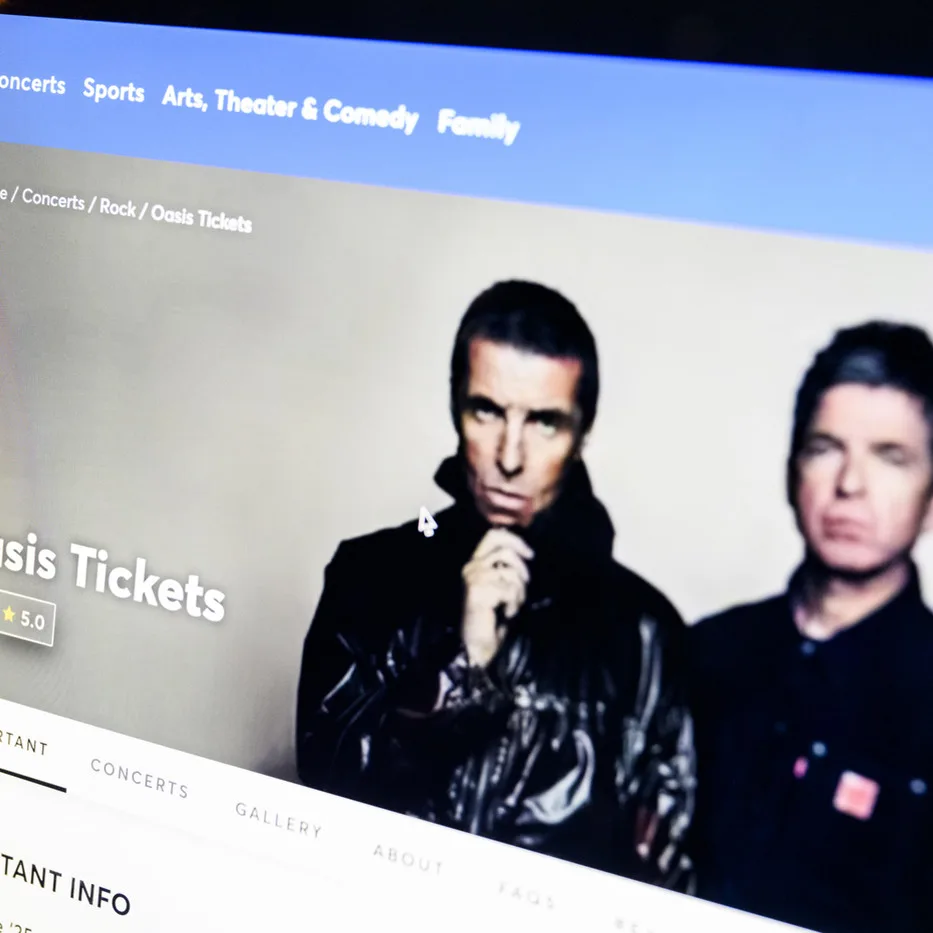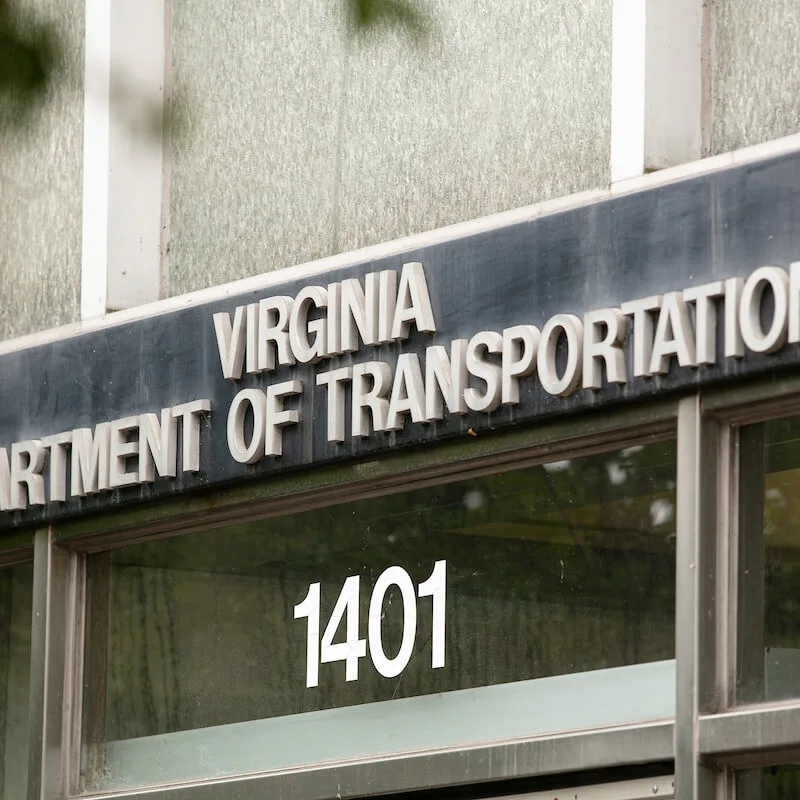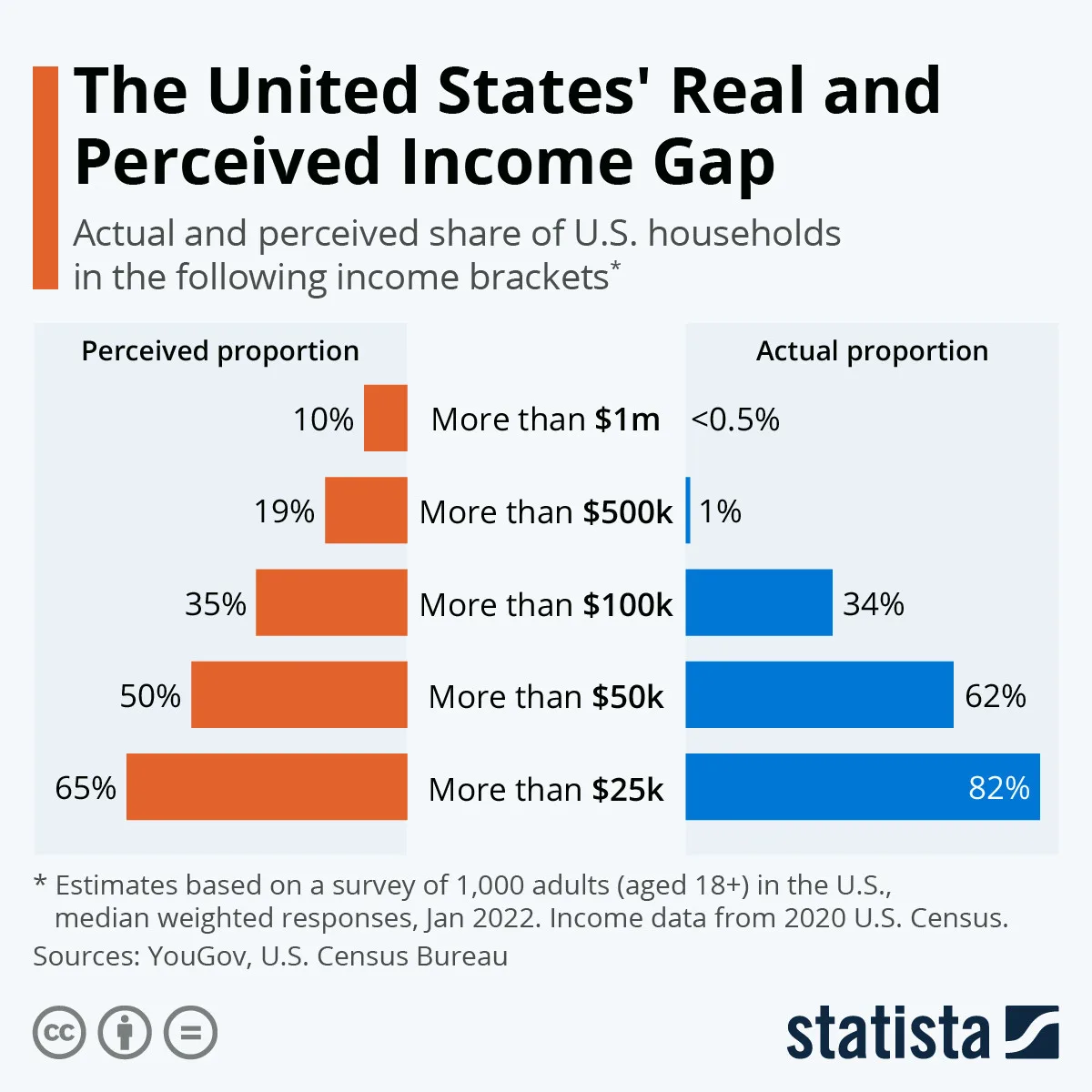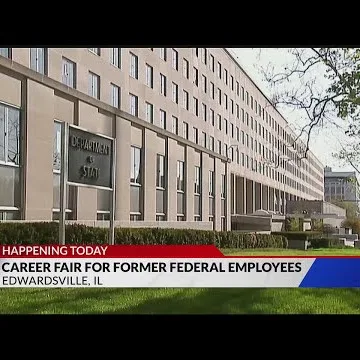In a recent debate over the controversial dynamic pricing model employed by Ticketmaster, Managing Director Andrew Parsons defended the system, emphasizing its necessity in the current economic climate. He stated, ‘We don’t change pricing based on who is buying, we change pricing based on demand. If you have a sell-out show, prices will increase.’ This statement comes in the wake of growing scrutiny from fans who feel that the pricing strategy takes advantage of their loyalty. The Football Supporters’ Association (FSA) also voiced concerns, branding the rising prices as ‘an exploitation of supporter loyalty’. They argue that ticket prices for certain events have reached unaffordable levels, exacerbating the divide between clubs and their dedicated followers. The FSA’s letter to Parliament highlighted that many supporters feel they can no longer afford to see their teams play, particularly in light of recent economic hardships. The debate continues as sports and music fans alike express their frustrations with the rising costs, potentially alienating those who have been loyal to their clubs and artists. Parsons acknowledged the backlash in his comments, attempting to clarify the rationale behind dynamic pricing, but the FSA maintains that action needs to be taken to protect consumers. As discussions progress, stakeholders from various sectors await how this issue will be addressed in future legislation or industry practices.
Ticketmaster UK MD Andrew Parsons Defends Dynamic Pricing Amid Criticism from Fans and the FSA











